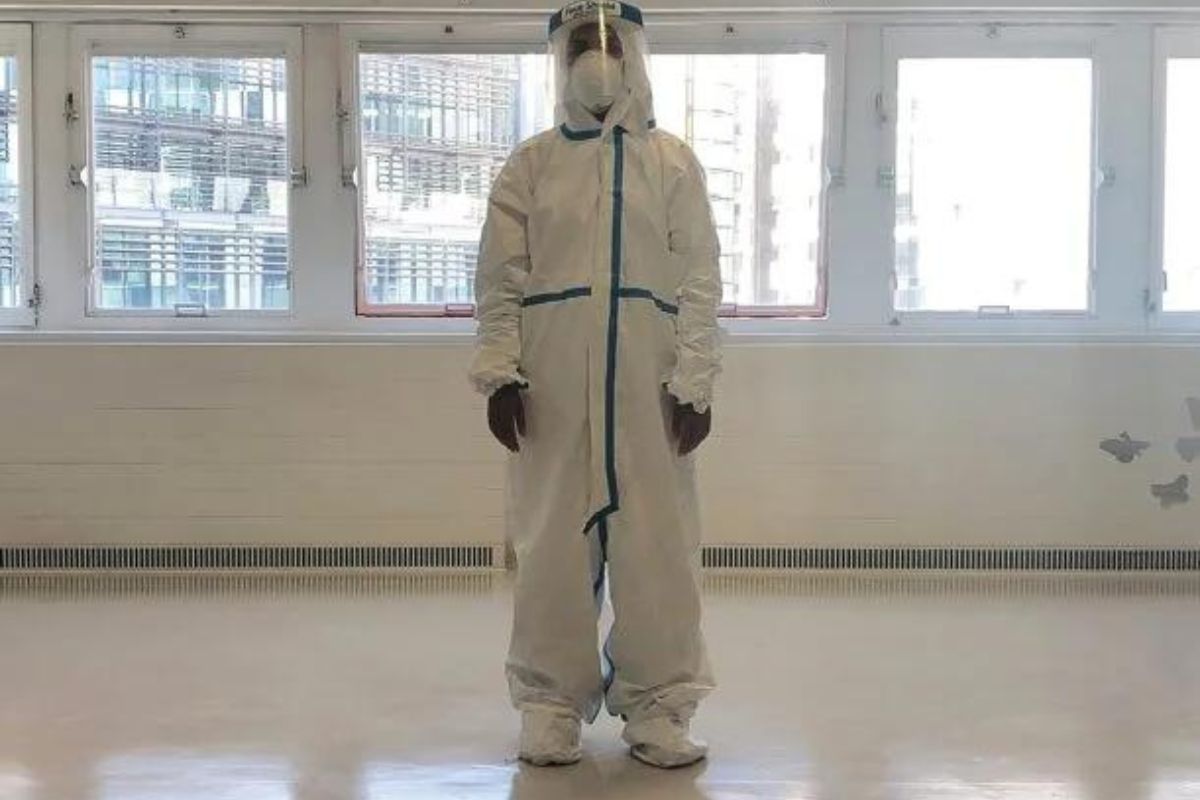MPs call for action on cost-of-living crisis for FE students

- The All-Party Parliamentary Group for Students will today publish their report examining the impact of cost-of-living pressures on students in further education.
- The report highlights cases of student poverty, increased safeguarding issues and impact on retention and drop-out because of cost-of-living pressures.
- The report includes key recommendations for the Government and the further education sector.
- Recommendations include subsidised travel for students in further education or training, increasing the apprenticeship minimum wage and additional funding for bursaries.
- The report has been produced in partnership with the APPG for Further Education and Lifelong Learning and is supported by APPG members from all main parties, including Labour MP’s Paul Blomfield, Conservative MP Robin Walker (who also chairs the Education Select Committee), Peter Aldous MP (chair of APPG for FE and Lifelong Learning), Liberal Democrat MP Wera Hobhouse, and SNP MP Alison Thewliss.
The APPG for Students today publishes the second report of its inquiry launched in January into the financial position of further education students, building on its previous report on higher education. This follows extensive consultation with further education colleges, students, and sector experts.
The report outlines some of the consequences of the cost-of-living crisis on further education students, exacerbated by a decade of funding cuts in the further education sector. Findings include a negative impact on access to education and training for disadvantaged groups as well as reports of increased safeguarding issues such as exploitation and abuse, domestic violence, and mental health disclosures.
Evidence shows many further education students are missing classes and working excessive hours to support their families, prioritizing opportunities in the Labour market over longer-term education and training goals. Consequently, colleges outlined that they are seeing indications of a longer-term student retention crisis in further education.
APPG for Students Chair Paul Blomfield, MP for Sheffield Central, commented:
“The cost-of-living crisis is clearly hitting many people hard and those on lowest incomes hardest. Further education should provide an opportunity for skills development and social mobility, however many of the young people and adults who might benefit most from further education and training are now – because of the cost-of-living crisis – less likely to take up opportunities to study, attend courses and achieve their potential.
At an individual level students may be less likely to secure stable employment, progress in work and increase their incomes, but at a national level the impact of the cost-of-living crisis means we will not see the desired economic growth and skills development at local, regional, and national levels which is critical to delivering the levelling-up policy agendas.
Our own research confirms the data from many other expert bodies. Recent financial pressures come on top of a decade of cuts to college budgets, meaning that there is no safety net of support for struggling students. These emerging issues will have longer-term consequences on both students and the further education sector, and particularly affect those already disadvantaged, undermining achievements in widening participation and access to tertiary education.
Our recommendations, prepared by a cross-party group, aim to tackle both the immediate crisis further education students face as well as the longer-term issues that are likely to impact not only a generation of students but on skills that are essential to the UK workforce. Given the consequences on mental health, career choices and access to education, addressing these issues in further education with targeted and localised interventions must be an essential part of any government response to students concerns during the cost-of-living crisis.”
Bernadette Savage, NUS VP for Further Education said:
The cost of living crisis is having a significant impact on FE students and apprentices, it is shocking that in 2023 we have students and apprentices that are left with no other option but to leave education because they cannot afford to continue their studies and placements. They are being forced to sacrifice essentials such as food and transport to classes just to try and continue in their studies that little bit longer and it is unacceptable. The colleges that support these students are rapidly running out of money and are forced to cut back on essential services and support that their students depend on.
We continually hear how students are the future workforce and how they will help to tackle the climate crisis and skills gap but how can we expect this from students who are arriving to class hungry , cold and exhausted ?
The solution is simple; ensure students are given the means to be able to eat, heat their homes and get to classes safely and pay all apprentices the real living wage.
If students and apprentices continue to drop out or decide against continuing on education at all we will all loose out. This decision will not only impact upon them and their families but also on wider society. We will see the skills gap widen, less opportunities and less growth.
The government has an opportunity to fix this issue and show that they value not only our students but also lifelong education, immediate investment in the FE sector is the way to do this and I hope the government take this opportunity.











Responses